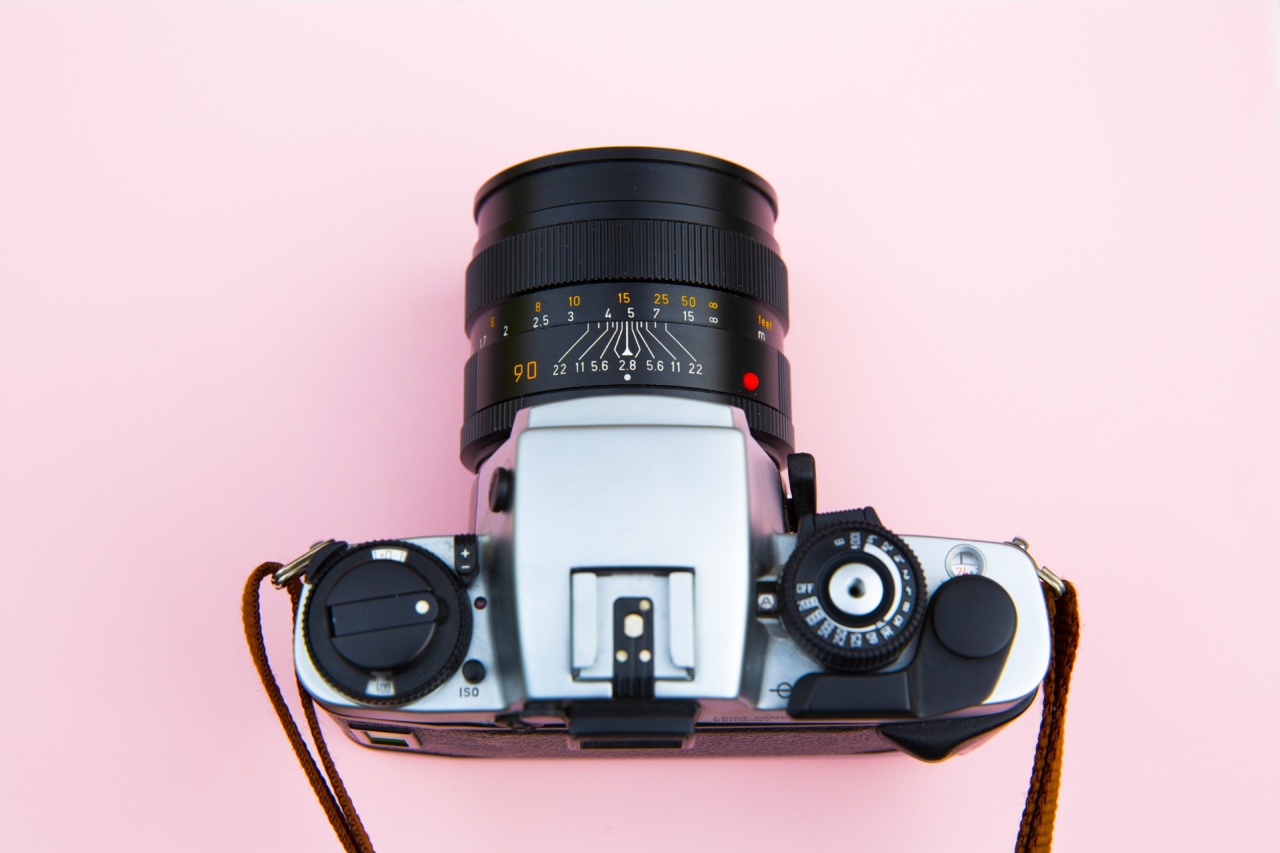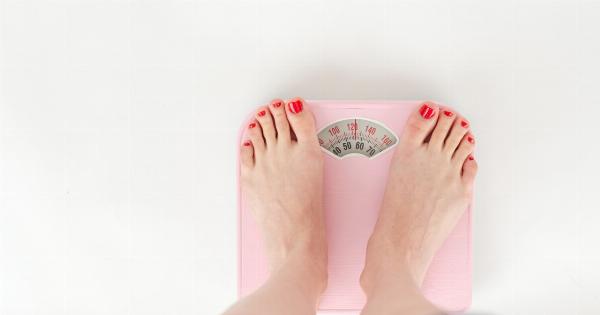Body image is the way a person perceives their physical appearance. Poor body image and low self-esteem can have profound effects on an individual’s mental, social and emotional well-being, particularly in women.
Body image can be influenced by various factors such as media, peer pressure, family, cultural values and individual experiences. It’s essential to monitor and take care of what influences women’s body images. Therefore, here are five strategies for monitoring women’s body image.
1. Promote healthy living
The media promotes the notion that a slim and toned body is what makes women beautiful. Women may develop an unhealthy obsession with their body to attain societal beauty standards, which may risk compromising their health.
Instead of obsessing over a particular look, women should focus on making healthy choices regarding their diet and lifestyle. Encourage health by advocating for regular physical exercise and proper nutrition that will help women achieve their fitness goals and build self-esteem.
2. Offer support and understanding
Many women struggle with negative body images and have developed habitual thoughts of self-criticism and self-loathing. It’s important to provide emotional support to women who struggle with body image issues, to cope with their negative thoughts.
Create a safe space where women can voice their insecurities freely without being judged and offer understanding to help overcome any negative impact of such thoughts. It can also be helpful to seek professional help to support women with extreme body image issues.
3. Break the silence
Body image issues are often a taboo subject, it’s vital to break the silence about it and create awareness about the issue.
Encourage open and honest conversation about how women feel about their bodies and highlight the negative impact of negative body image on women’s health and well-being. The more women talk about body image issues, the more they will develop a positive perspective of themselves, and they will also spread the message to others to do the same.
4. Educate on media influence
The media’s portrayal of the ‘perfect’ woman can be problematic for women’s body image.
Women need to understand how media can influence their self-worth and avoid comparing themselves or their bodies to the unrealistic standards set by the media. Educating women on media outlets that showcase unaltered images and content can help them to re-evaluate their thoughts about their bodies and aspire to a more realistic and positive body image.
5. Embrace individuality and diversity
Help women understand the beauty expressiveness that comes from diversity. Embrace bodies of all shapes and sizes, hair types, skin colors, ages, and abilities.
A diverse representation of beauty in the media educates women on what beauty is and helps them understand that their bodies are unique, and there’s beauty in that. Let women know that it’s ok to be different and that they should take pride in their individuality.
Conclusion
It’s crucial to monitor women’s body image because of the immense impact it has on their physical, mental, and social well-being.
As this article has suggested, promoting healthy living, breaking the silence about body image issues, educating women on the media’s impact, encouraging women to support one another, and embracing diversity are all strategies that can help enhance women’s body images. The more we can create a culture that supports individuality and celebrates diversity in all its forms, the more women can build their self-esteem and promote positive body images.































